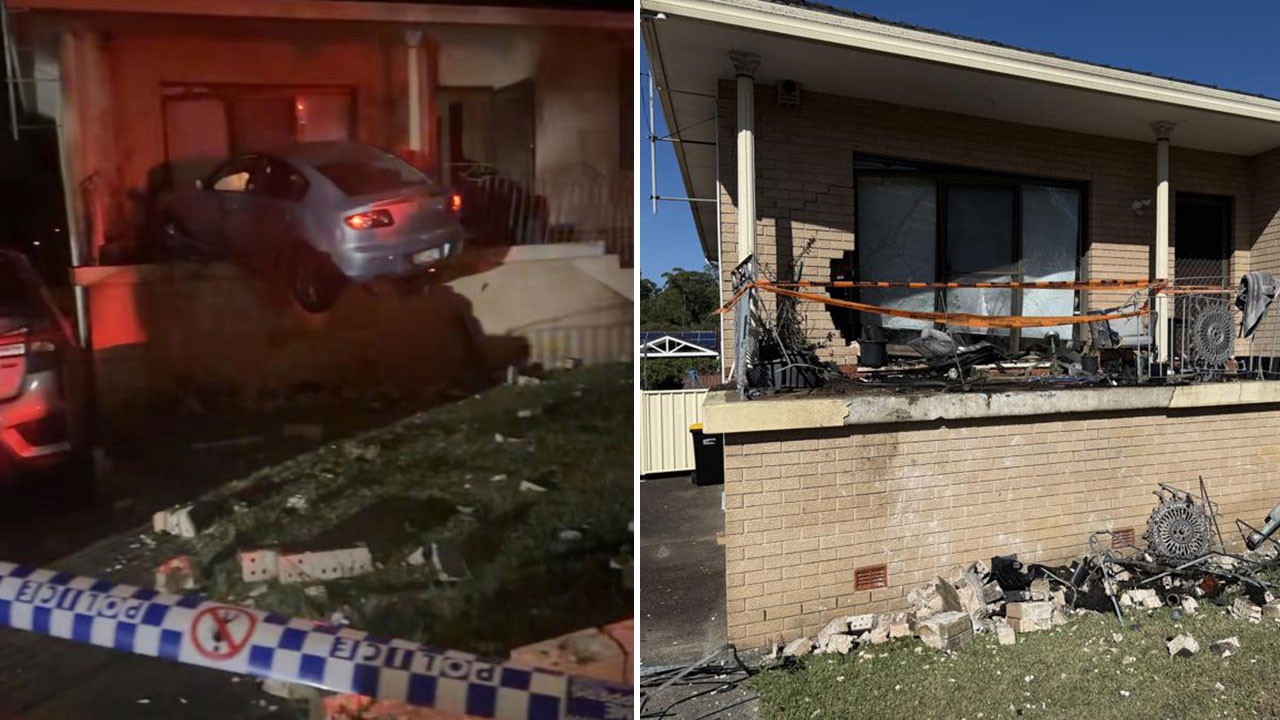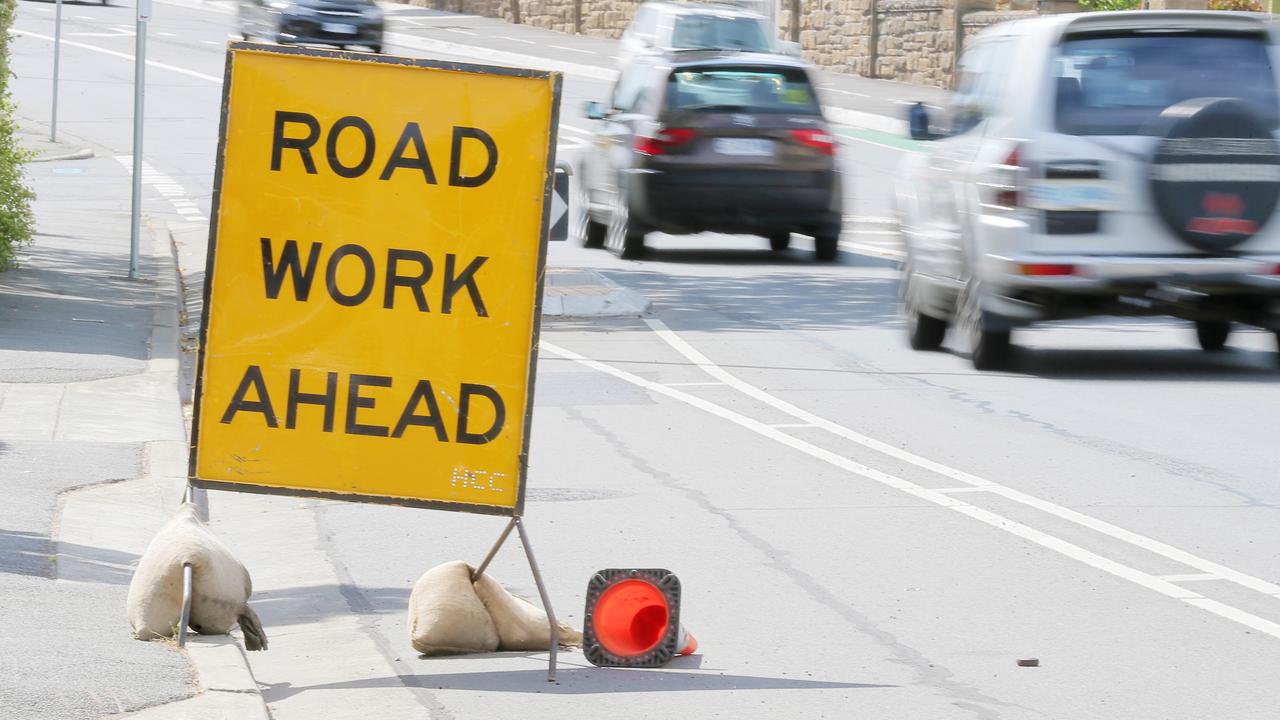Imogen survived cancer as a kid, her diagnosis haunts her as an adult
When 20-year-old Imogen Clements beat cancer for the first time when she was 11, she thought she was in the clear. Instead, she faced years of tests, a rediagnosis at 16 and having to live with being known as “the cancer kid”.
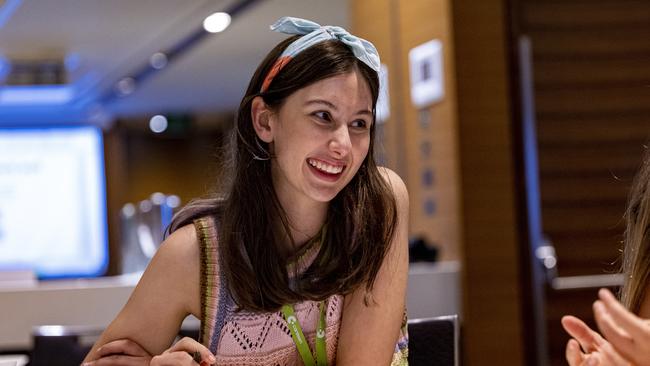
NSW
Don't miss out on the headlines from NSW. Followed categories will be added to My News.
When 20-year-old Imogen Clements beat cancer for the first time when she was 11, she thought she was in the clear.
Instead, she faced years of tests, a rediagnosis at 16 and having to live with being known as “the cancer kid”.
The Sydney woman has come to realise that even though she might have survived her childhood diagnosis, the impacts of cancer will follow her throughout her life. It’s why she is fighting for greater funding an awareness into the long term impacts of cancer, especially on youth.
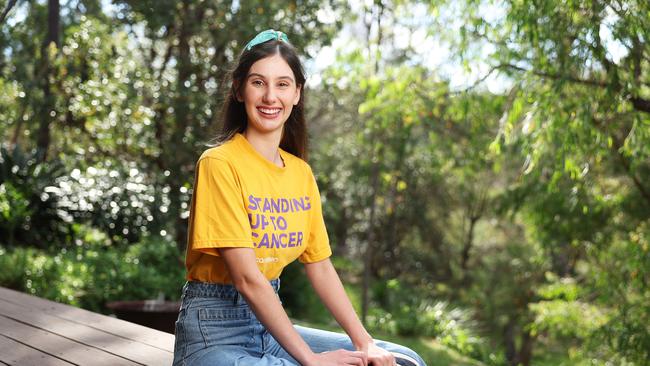
“I have had a few cancer scares between 2021 and now. After I got my cancer removed, I still have to go for six monthly scans and in between those scans I would have periods of uncertainty and confusion if I have cancer again.”
Canteen Australia is urging the federal government to allocate $11.9 million to research the full extent of youth cancer’s long-term impact on survivors and the implications for broader economy as a part of the charity’s inaugural Youth Cancer Awareness Month.
While there are over 30,000 young cancer survivors in Australia, there is no research to date that assesses the physical, mental and financial issues they face later in life.
Ms Clements said she was shocked by the lack of research for survivors like herself.

“As of right now there is no comprehensive research. It means people like me are falling through the cracks. With youth cancer survivors like myself there is the risk of secondary cancer and relapse,” Ms Clements said.

Canteen Australia CEO Peter Orchard said he was deeply concerned about the health and wellbeing of former patients.
“International studies have found that survivors of adolescent and young adult cancer are much more likely to develop a second cancer, have eight times the likelihood of developing chronic health conditions like heart disease, and one in three are diagnosed with a mental health condition,” Mr Orchard said.
“Fewer young cancer survivors completed tertiary education and, as a group, they had lifelong lower incomes than their peers. Given these alarming statistics, it is vital we understand how we can better support our young Australian cancer survivors as they exit treatment,” Mr Orchard said.
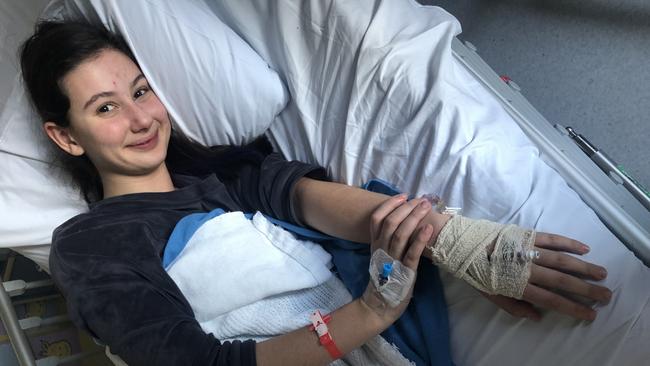
He said young survivors are missing opportunities to receive vital health screening, early intervention and tailored support.
“If we can secure Federal Government funding, this youth cancer survivorship research will be the most comprehensive study of its kind, helping us to identify where strategic investment in services can significantly improve health and wellbeing outcomes as well as reduce costs to the Australian economy.”
Dr Rick Walker, Medical Director for the Queensland Youth Cancer Service, is keen for this research to shine a light on the importance of early intervention in post-acute care.
“We are hoping to not just have young people live beyond their cancer diagnosis, but to live well beyond their cancer diagnosis. To achieve this, we need to have a proactive rather than reactive approach to avoid the possibility that future health issues and challenges could be missed or picked up too late, which can result in a poor outcome for the young person,” said Dr Walker.
Originally published as Imogen survived cancer as a kid, her diagnosis haunts her as an adult


